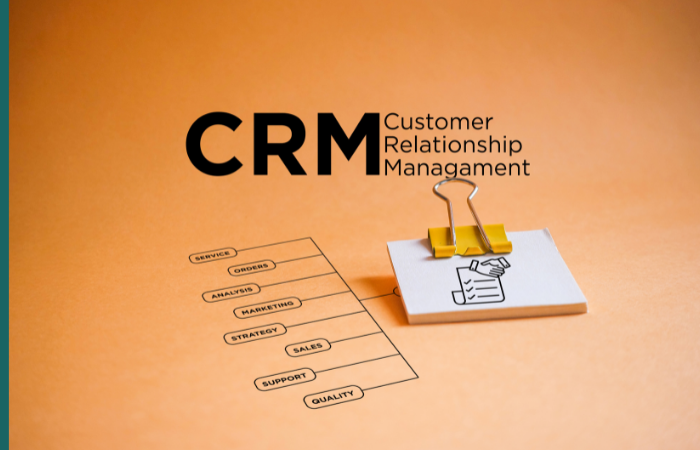UK Small Business Owners gave up £7000 of their savings on average to keep staff employed during the Pandemic
Small business owners have been tested to the limit over the past year, thanks to the pandemic putting intense pressure on cashflow and jobs. New research from QuickBooks reveals the range of personal sacrifices small business owners have taken just to keep their businesses afloat and employees in roles, including digging deep into their own savings.
With over half (58%) of the small businesses (1-10 employees) surveyed unable to trade at some point in the past year, small business owners spent an average of £7,000 out of their personal savings to keep their staff on payroll and their business going.
The new study highlights that a third (33%) of small business owners gave up their own salaries to keep employees on during the pandemic, while nearly half (46%) gave up holidays, 41% gave up bonuses, and 30% gave up their dividends.
The personal burden on these small business owners has not just been restricted to financial sacrifice. Owners have had to take action to retain their staff, with 57% having to work extra hours or on the weekend to keep on top of changes to payroll regulations, such as the furlough scheme. Of these, 50% have spent more than eight working days in the past year learning about the changing regulations to be able to put them into practice.
Since the start of the pandemic in March 2020, 67% of small business owners have been forced to make challenging business decisions that could never have been anticipated, in order to avoid serious cash flow issues and even business failure. Over a third (35%) have had to furlough staff, 24% have had to freeze recruitment, and 21% have had to freeze pay for staff to stay afloat.
To help navigate the changing business climate and make these difficult decisions, small business owners have turned to support networks for advice. Accountants have taken on an increasingly important role for small businesses, with a third (33%) of owners turning to their accountants for support on changing regulations and processes such as payroll. Other leading sources of support were family members and government websites.
However, despite all the challenges of the past year, small business owners are feeling more optimistic with half (50%) saying they now feel more positive about the year ahead than they did at the start of the pandemic restrictions in March 2020.
Carina Lepore, winner of The Apprentice 2019 and owner of South London bakery Dough Bakehouse, said:
“I know first-hand the human impact of payroll – not being able to pay my staff could affect someone’s ability to pay their rent or mortgage. The sense of responsibility is huge.
“Through lockdown we managed to pivot quickly through digital to takeaway which allowed us to stay open and trading, but like most other small businesses we were hit by the pandemic. To keep all my staff on I had to make a number of personal sacrifices, but I wanted to do this as my staff are my priority.”
Pauline Green, Head of Product Compliance at QuickBooks, said:
“Payroll took on a new emotional significance in 2020 as small business owners were forced to weigh up challenging decisions such as putting staff on furlough or making pay cuts, and the resulting impact on employees and their families. Despite facing intense pressure for a long time, small business owners showed remarkable resilience and determination to keep their businesses going and their employees in jobs, with huge numbers making unforgettable personal sacrifices.
“Our recent data found that two thirds of small businesses now plan to keep all of their furloughed staff and one in three are even planning on expanding their workforce in 2021. It is brilliant to see small business owners’ commitment to keeping their company going and staff on their payroll now starting to pay off, as we look forward to the end of lockdown.”
QuickBooks produced this study to highlight the personal impact payroll has had on small business owners over the past year, while showcasing the resilience they have shown throughout the pandemic and where they can access support.












































